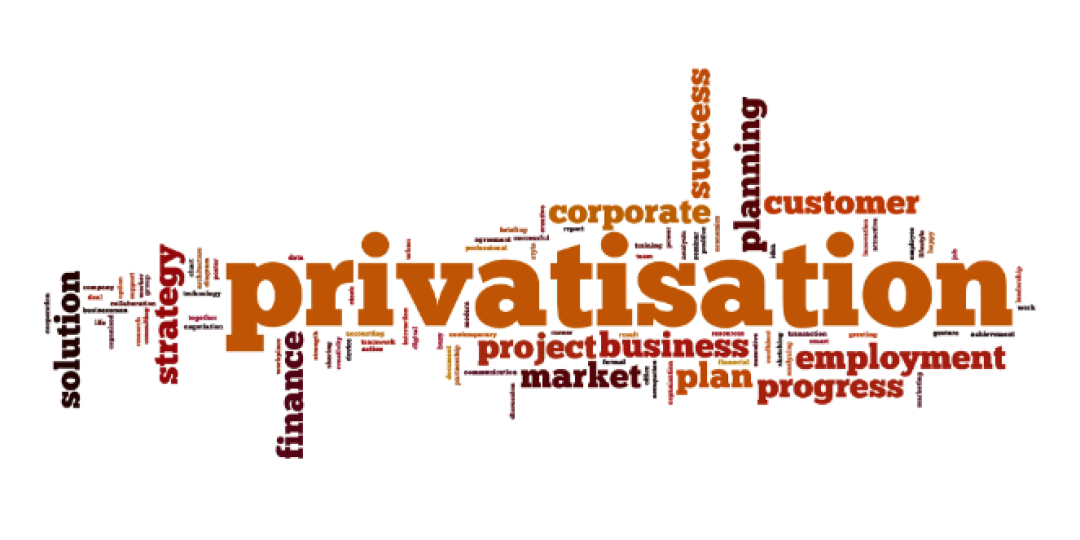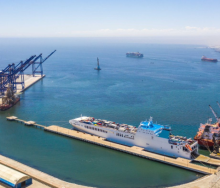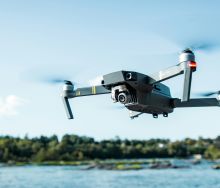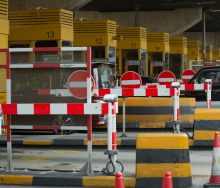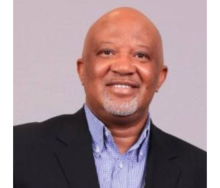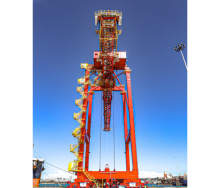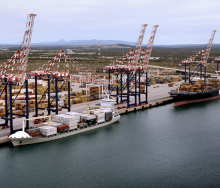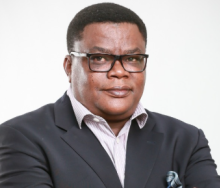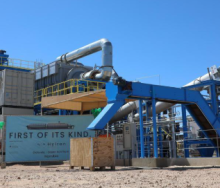Transnet is forging ahead with plans to encourage private participation in the country’s ports and freight-railway networks, as the state-owned enterprise (SOE) struggles with its operational performance, causing severe backlogs.
The railway networks are used to transport cars, metals, and coal to port, and imported fuel and automotive parts inland.
According to South Africa’s Minister in the Presidency, Khumbudzo Ntshavheni, Transnet has plans to create an infrastructure manager which will allow private companies to run their trains on essential freight railway tracks by the end of October.
Transnet also plans to form partnerships with private operators to improve operations at the Durban Pier 2 Container Terminal and at the Ngqura Container Terminal, which is part of Africa’s biggest container port.
The government is also helping Transnet to find additional locomotives, and is urging law enforcement agencies to assist in the reduction of cable theft that is contributing to poor performance on the Container Corridor, which carries goods to and from the Port of Durban and Gauteng.
The urge to increase public-private partnerships and private-sector investments in logistics and power-generation industries comes at a time when the government is struggling with the deteriorating performance of its SOEs and service delivery for the country’s citizens.
Ntshavheni has also revealed plans for the establishment of a Water Partnership office in the state-owned Development Bank of South Africa, which aims to encourage private participation in water reuse, wastewater treatment, desalination and sanitation projects in the country.
“These reforms are necessary both to address the immediate challenges that we face, and to drive a fundamental transformation of our economy in the months and years to come,” said Ntshavheni.
